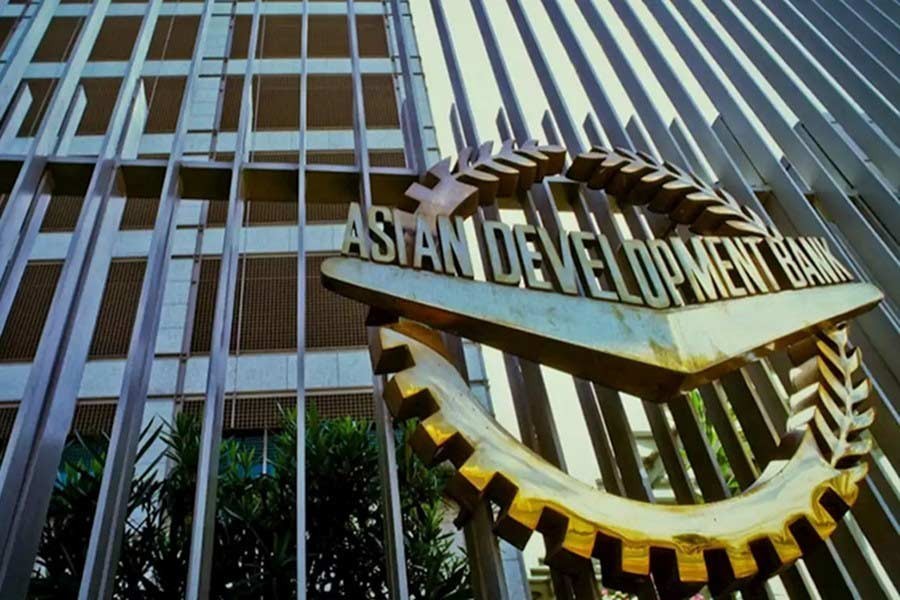The Asian Development Bank(ADB)'s latest agreement with Bangladesh worth US$250m of soft-term loan, followed later by a further US$ 250m amount comes as a piece of good news of immense importance and interest in these days of pandemic when things appear to have stalled on all fronts. That negotiations could be held, albeit virtually, in trying times as this is a sign that both sides have been eager to continue with normal business under the 'new normal'. The first part of the mentioned money would be used for projects related to social resilience that would include social protections and health service delivery involving several ministries like Social Welfare, Women's and Children's Affairs and Disaster Management and Relief. Once this part of the loan amount is properly seen through, the second part will follow that will cater to 'sustainable economic recovery programme'. The issues chosen hint at Bangladesh's growing need to mend the current crisis brought about by the Covid-19 pandemic and its dreadful aftermath. Everybody would wish the loan-signing to be fruitful and wait for a successful outcome from the various projects undertaken under it.
Of Bangladesh's development partners, ADB has always ranked prominently, and done justice to the adage as a 'home doctor'. Every member country has benefited from its open-handed policies and moderate outlook. It has variously been non-invasive, with almost no strings attached to its grants and loans. While some other very high-profile development partners have often been criticised for overdoing and a hands-on approach, ADB's track-record has been benign and praiseworthy. In its over half-a-century of existence, member countries have felt at ease and relaxed to deal with it. Indeed, since its start of journey in the early seventies, this country found in this institution an unfailing partner that presents a visage of reliability and non-interference. According to available data, as of August 2018, over a year before the pandemic started, ADB had approved $20.4 billion for 279 loans, $258.4 million for 432 technical assistance projects, and $787.1 million for 35 grants to Bangladesh. Add the latest US$500m of loan to it and those that came in the year 2019.The organisation's easy approach ability has ensured timely support in the country's economic health, besides adding innumerable jobs. Also, country-based observers have mentioned the organisation's standing as a friendly entity that only worked for upliftment and for this nation's economic welfare since being tied with it in 1973.
This however goes without saying that as a development partner, ADB has regularly pointed to Bangladesh's prevalent flaws in development budget preparation and timeliness. It nonetheless never acted as a super entity. The partnership has therefore been beneficial without any ups and downs. The latest loan agreement would need special care from the implementers in Bangladesh. As for the social sector part of it, one could not overlook the various loopholes that came with the various social safety net programmes starting in the nineties. Where there have been cases when the net has failed to cover all eligible people, there have been very many included without proper justification. This will no doubt attract the eyes of a partner like ADB, especially when its money is being used. All this brings into focus once again the role of bureaucracy, which more often than not appears to buckle under pressures in selection, apart from its rather habitual sluggishness. One can only hope that this latest half-a-billion-dollar loan would be best utilized and give a renewed beneficial jerk to the social safety net programmes of the country.


